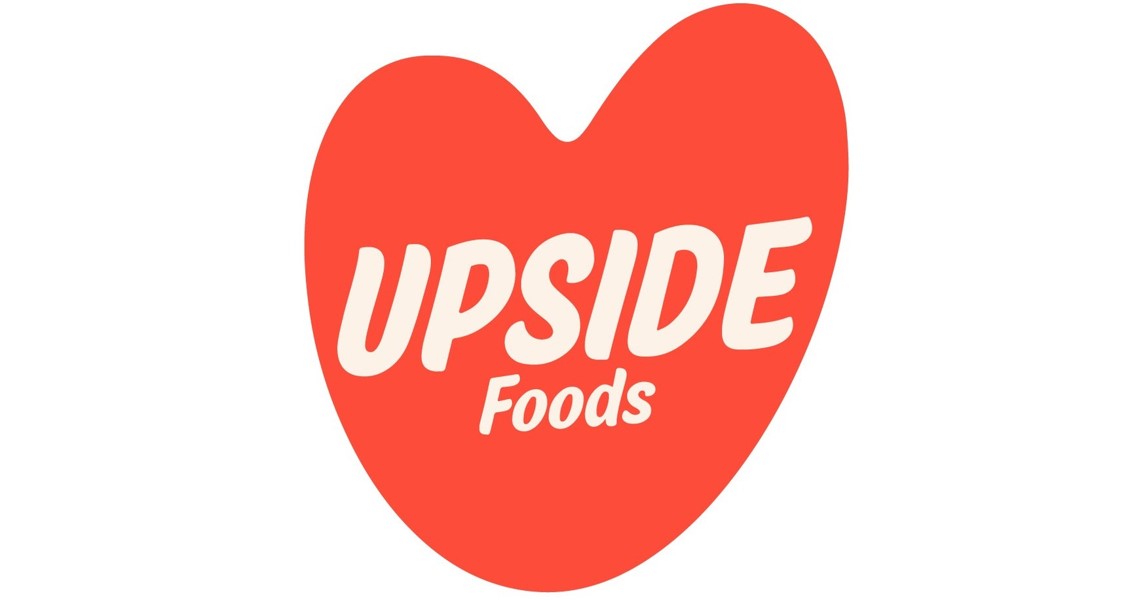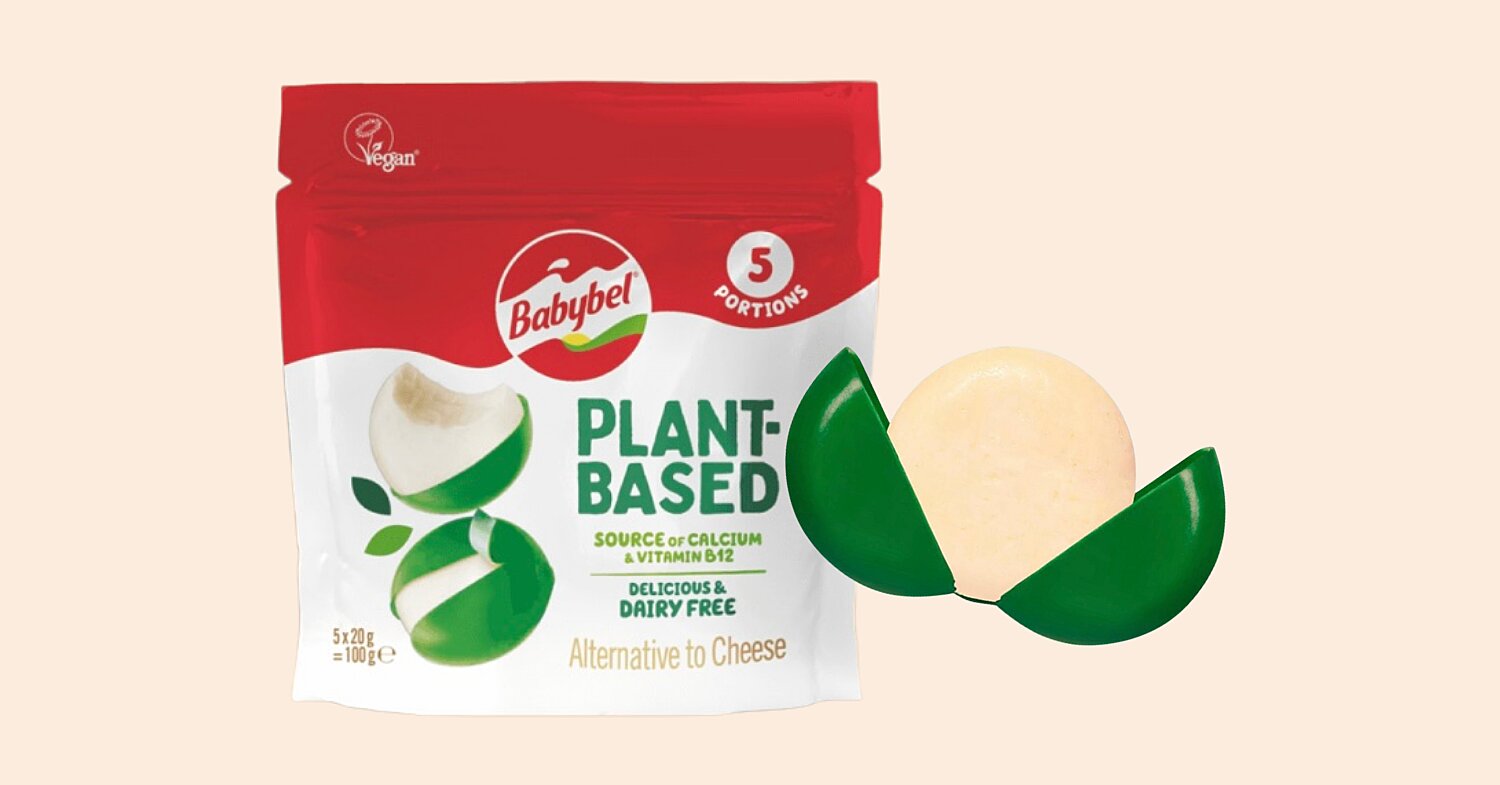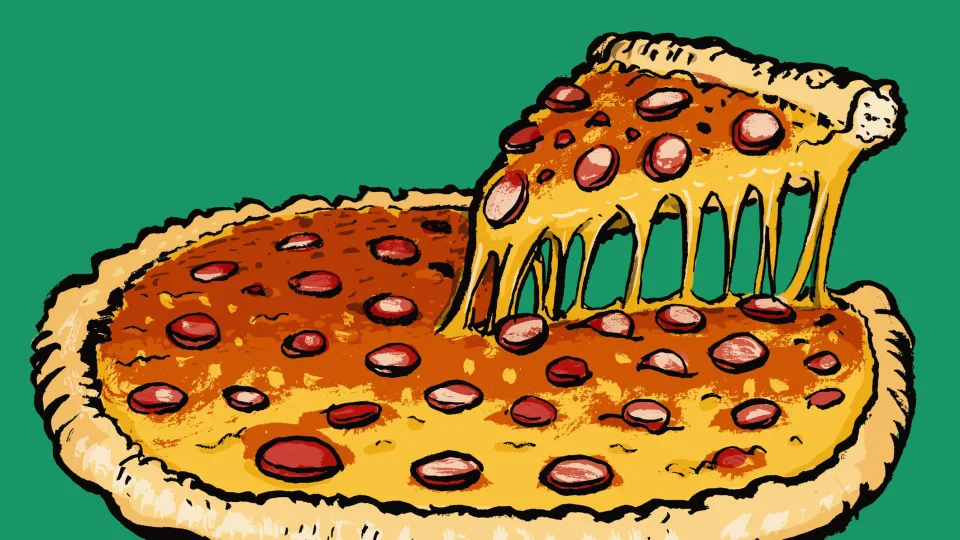Opalia has also successfully replaced fetal bovine serum (FBS) in its process of making non-animal dairy, allowing it to reduce the cost and risk of manufacturing cell-based milk, the Vancouver-based company said.
CULT Food Science Corp (CSE: CULT, OTCQB: CULTF) announced that its cell-based portfolio company Opalia Co is aiming to collaborate with potential commercial partners for product development and to start pre-pilot scale production of non-animal dairy in 2024.
Opalia has also successfully replaced fetal bovine serum (FBS) in its process of making non-animal dairy, allowing it to reduce the cost and risk of manufacturing cell-based milk, the Vancouver-based company said.
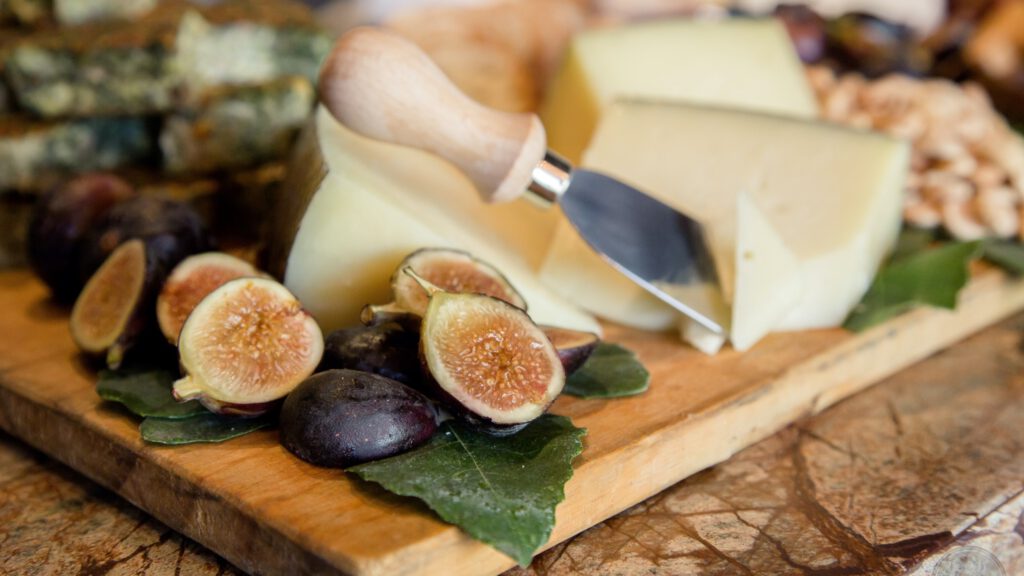
“We are 100 percent focused on manufacturing a dairy product that negates any potential harm to animals and eliminates the massive environmental impact of traditional dairy products and production. Therefore, the breakthrough replacement of FBS for Opalia’s products is exciting,” Opalia CEO Jennifer Cote said in a statement.
“We are excited to be one step closer to upscaling production of our cell-based milk and to engage with downstream partners that are interested in commercialization of our milk,” she added.
Montreal-based Opalia, the first Canadian company to produce cow milk from mammary cells, is making significant progress in acquiring stakeholders, information technology systems, and organizational structures and is actively raising funds, CULT said.
Opalia’s ability to eliminate the use of FBS in its production process is vital to ethical and sustainable solutions in non-animal dairy as the disadvantages are of significant concern, the company said, noting questions of quality and reproducibility, animal welfare, and past fraudulent marketing of FBS as among the concerns.
Positive impact
Since September 2020, the co-founders of the business, Opalia CEO Cote and chief technology officer Lucas House, have strived to help reduce the consequences of dairy farming, which causes environmental degradation, animal suffering, and the spread of pathogens.
In March 2021, Opalia achieved proof-of-concept by making milk through an artificial mammary duct as evidenced by both protein and lipid production through a process that involves mammary cell isolation and proliferation, genetic engineering, mammary gland reproduction, and milk synthesis, CULT noted.
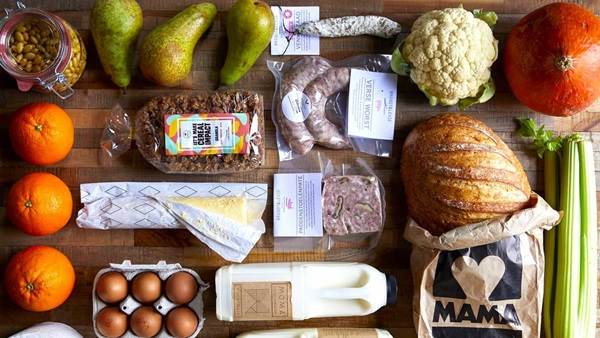
With an alternative for FBS use, Opalia is continuing with its positive impact on the cellular cultured food industry, it added.
Optimistic about investment
Consumption of plant-based milk over the years has led to an increase in demand for non-dairy products around the world, with the global dairy alternatives market projected to grow from US$22.25 billion in 2021 to US$53.97 billion in 2028, CULT noted.
With the projected high demand for non-animal dairy, it is critical that innovative companies like Opalia are supported, it added.
“CULT’s investment in Opalia represents a significant step forward in the cultured dairy sector of the broader cellular agriculture industry,” CULT CEO Lejjy Gafour said.
“We are very excited about the future of Opalia’s business as Canadians are becoming more aware of the negative impacts being made by the traditional dairy industry on the environment and animals, including the use of FBS.
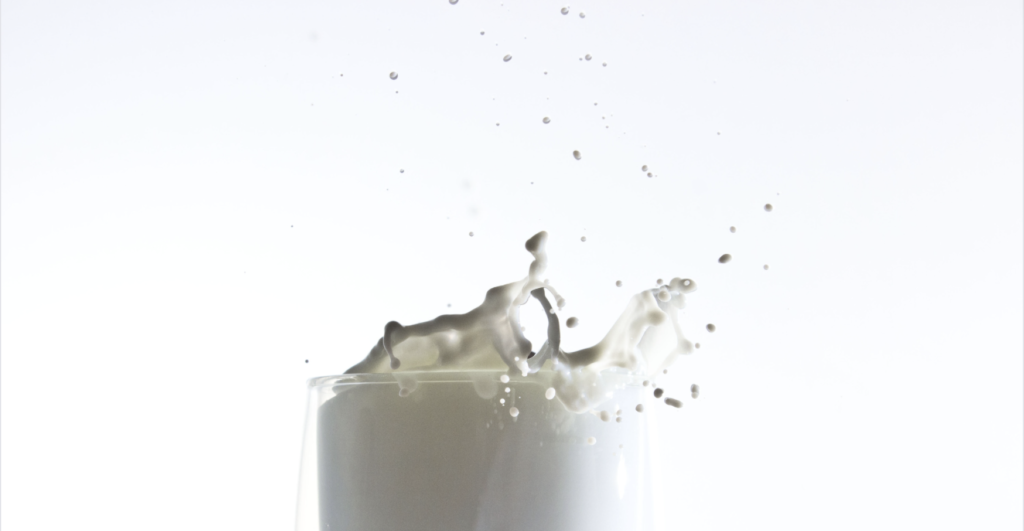
“With Opalia quickly obtaining complexity and taking the necessary steps to move forward in the production of cultured dairy, we are optimistic about our investment and belief in its initiatives and determination to create innovative solutions for our current food crisis,” he added.
CULT, the first-of-its-kind investment platform in North America, focuses exclusively on advancing the development of novel technologies to provide a sustainable, environmental, and ethical solution to the global factory farming crisis.
It aims to provide individual investors with unprecedented exposure to the most innovative start-up, private or early-stage cultivated meat, cell-based dairy and other cultured food companies around the world.





